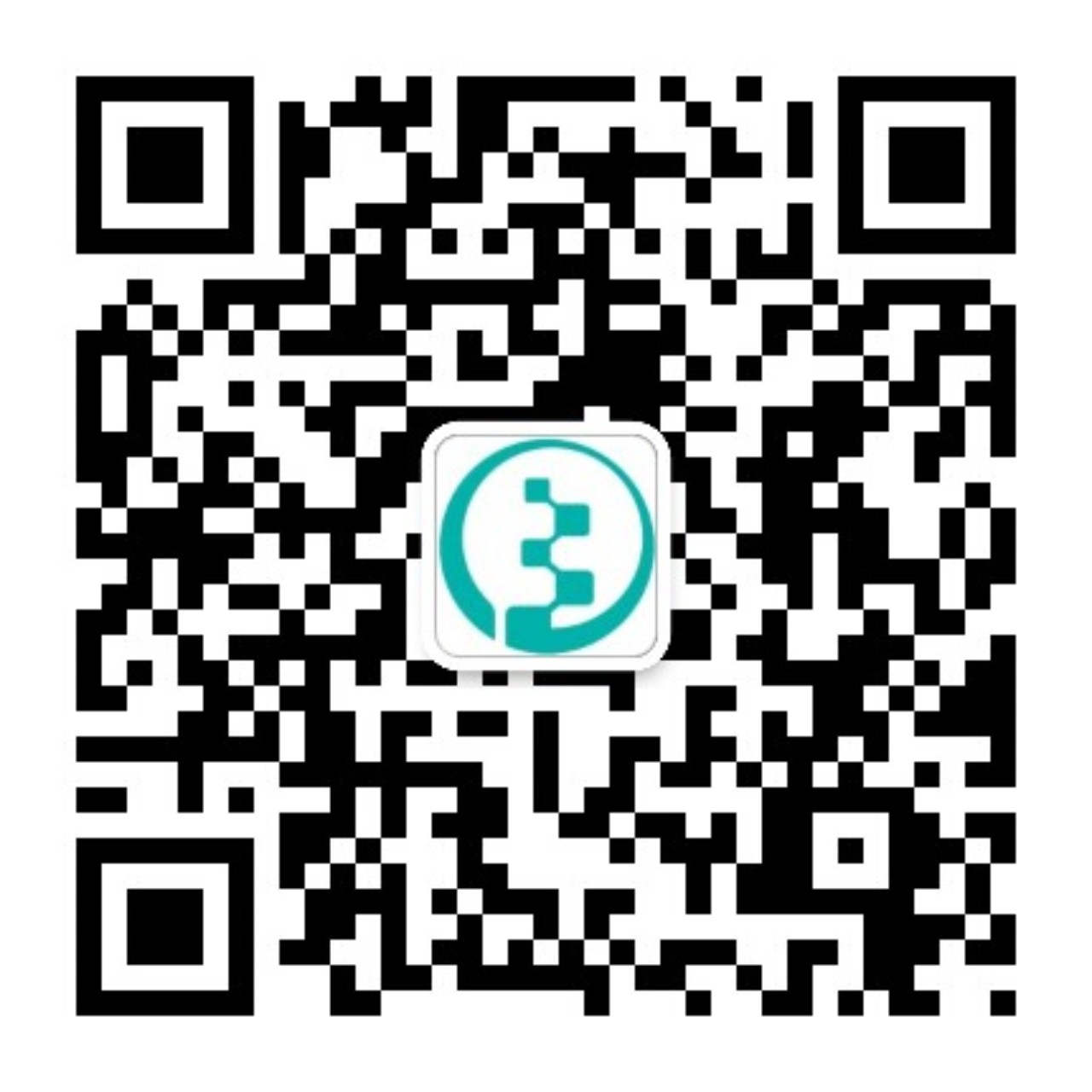YH001, in combination with the anti-PD-1 mAb Tuoyi (Toripalimab) from Junshi Biosciences, demonstrated promising safety and efficacy in a phase I clinical trial conducted in Australia. The trial involved dose escalation ranging from 0.05 mg/kg to 6.0 mg/kg. As of the data as cut-off date of December 31, 2022, Among 26 evaluable patients out of 29 enrolled patients, 5 showed partial response (PR) while 11 had stable disease (SD). The study achieved its primary endpoint, and the maximum tolerated dose (MTD) of YH001 in combination therapy was determined to be 4.0 mg/kg.
A phase I/II dose escalation trial of YH001 in subjects with advanced solid tumors in China. Dose was modified to escalate from 0.3 mg/kg to 6.0 mg/kg based on the results of the phase I study in Australia. As of May 2022, 14 patients had been evaluable, and four of them had SD (stable disease). The primary study endpoint was met, and the highest dose 6.0 mg/kg set for YH001 single-agent escalation remained safe and tolerable.
Trial #:YH001003
NCT #:NCT04699929
We received the U.S. FDA approval in June 2021, the Taiwan FDA approval in October 2021 and the NMPA approval in November 2021 for the Phase II clinical trial.
Several preclinical studies have demonstrated the effectiveness and safety of YH001:
Cytotoxic T-lymphocyte-associated protein 4 (CTLA-4), also known as CD152, plays a crucial regulatory role in T cell activation. CTLA-4 is expressed on the surface of regulatory T cells (Tregs), and it competitively inhibits the binding of B7 to CD28 on the surface of effector T cells when bound to B7-1 (CD80) and B7-2 (CD86) on the surface of antigen-presenting cells (APCs). Consequently, T cell activation is inhibited. Inhibitory antibodies that target CTLA-4 can block this mechanism and enhance T cell activity, thus improving the patient's immune response to tumors.
Blocking the inhibitory signal of the human anti-tumor response is currently considered the most promising tumor immunotherapy. CTLA-4 and PD-1 are critical checkpoints of the immune system and are thus key targets of tumor immunotherapy. By blocking them, different types of T cells can be affected, leading to the initiation of anti-tumor immune attack.
Currently, marketed antibody drugs targeting CTLA-4 include the CTLA-4 mAb ipilimumab (Yervoy) from BMS and the PD-1/CTLA-4 bispecific antibody cadonilimab (trade name: Kaitanni; AK104) from Akeso.
News
- November 22, 2022 | First Patient Dosed in Phase 1/2 Trial Evaluating YH001 in Combination with Envafolimab and Doxorubicin in Front Line Sarcoma Patients
- August 29, 2022 | US FDA Approval of IND for CTLA-4 Antibody YH001 for the Treatment of Front-line Sarcoma Patients in Combination with Envafolimab
- November 9, 2021 | Biocytogen/Eucure Biopharma's YH001 (Anti-CTLA-4 Monoclonal Antibody) Approved for Phase II Multi-Regional Clinical Trial by China National Medical Products Administration
- October 11, 2021 | Eucure Biopharma, a Subsidiary of Biocytogen, and TRACON Pharmaceuticals Announce Partnership for Development of Clinical Stage CTLA-4 Antibody YH001
Poster Downloads










